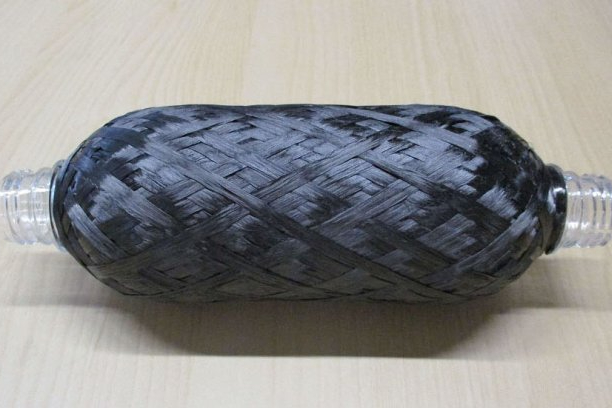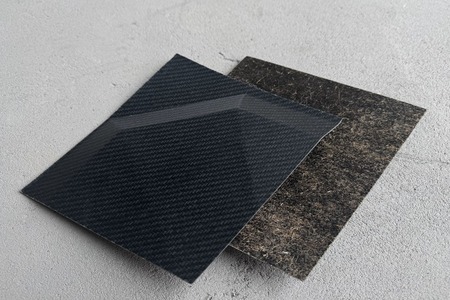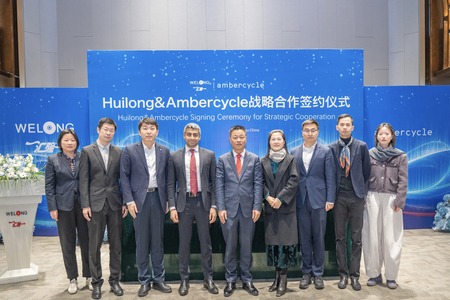
Asahi Kasei develops new technology for recycling carbon fiber
YarnsandFibers News Bureau 2023-01-23 15:14:31 – JapanAsahi Kasei, in collaboration with the National Institute of Technology at Kitakyushu College and the Tokyo University of Science, has developed a new method for recovering carbon fiber from vehicle composites.
According to the company, because of their unique blend of stiffness, mechanical strength, and light weight, carbon fiber reinforced polymers (CFRPs) are extremely appealing for a variety of industries in challenging application domains (GFRPs). However, because to the difficulty in separating the carbon fibers from the resin at the end of their useful lives, CFRPs are expensive and difficult to recycle.
Asahi's newly discovered approach, which eliminates the need for cutting up carbon fiber during previous recycling methods, enables the fiber to be extracted effortlessly, producing continuous strands with qualities that are identical to those of virgin fiber.
It is based on an electrolyzed sulphuric acid solution that totally decomposes the resin it is embedded in while maintaining the original strength and continuous nature of the fiber. This makes it possible for it to continue being used in high-performance applications and offers an affordable, circular solution to the problem of carbon fiber plastic composites' end-of-life. A carbon fiber-reinforced thermoplastic unidirectional (CFRTP-UD) tape developed by Asahi is also based on recycled continuous carbon fiber and Leona polyamide resin.
This CFRTP-UD tape, which is stronger than metal and may be used on car frames and bodies, makes it possible to recycle end-of-vehicle parts into new, distinct parts. By about 2030, the company hopes to have practical use.
Market Intelligence
Ask for free sample Report

experience
Customer Base
dedicated team
Countries Served Worldwide









